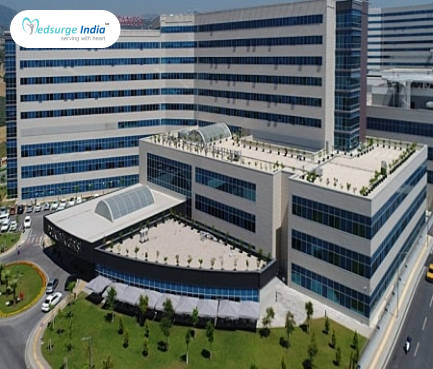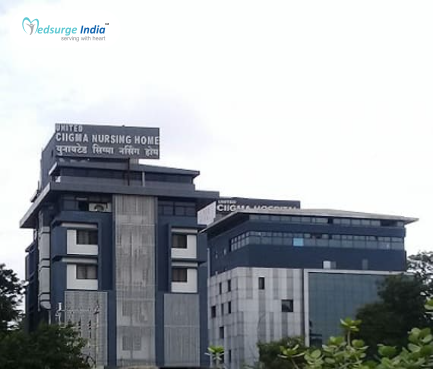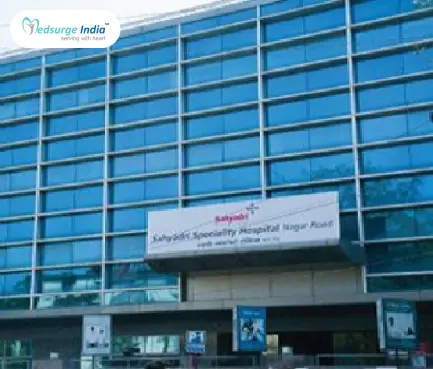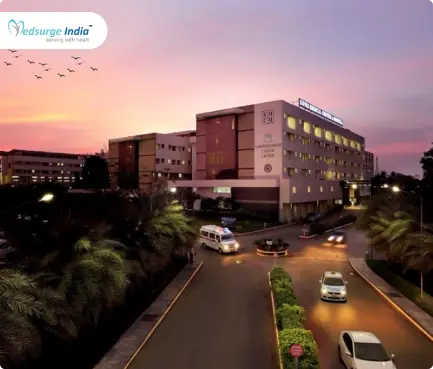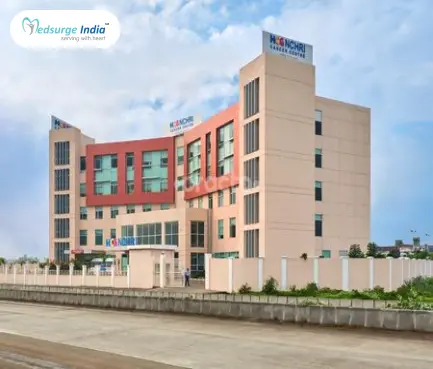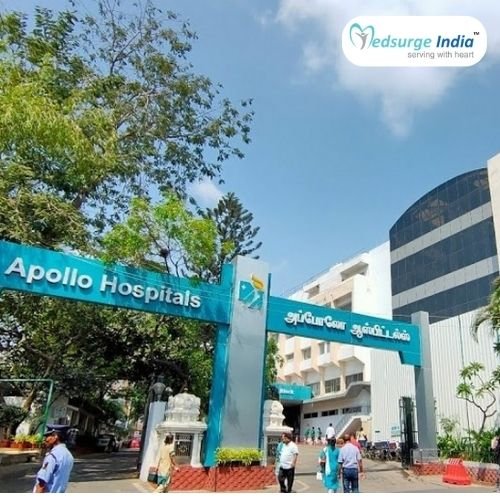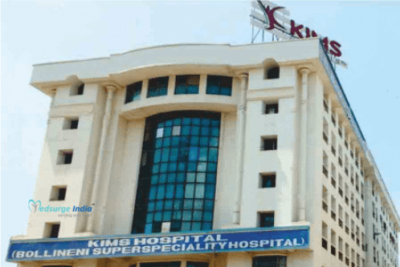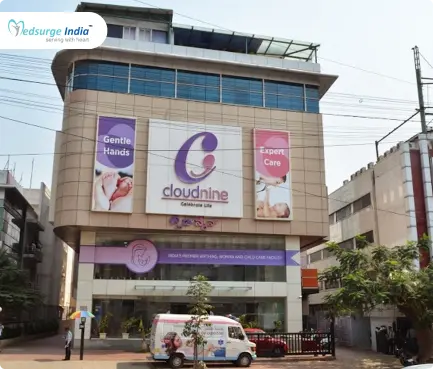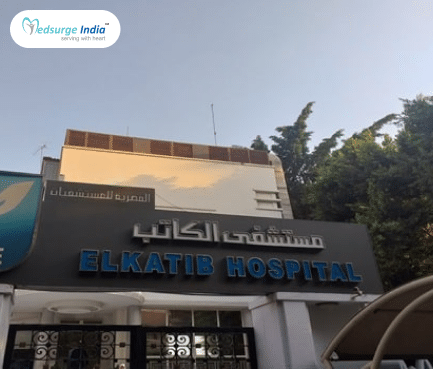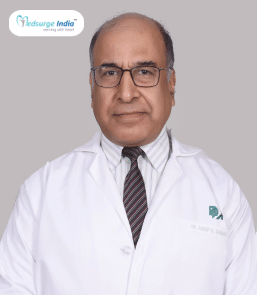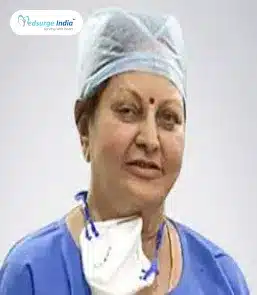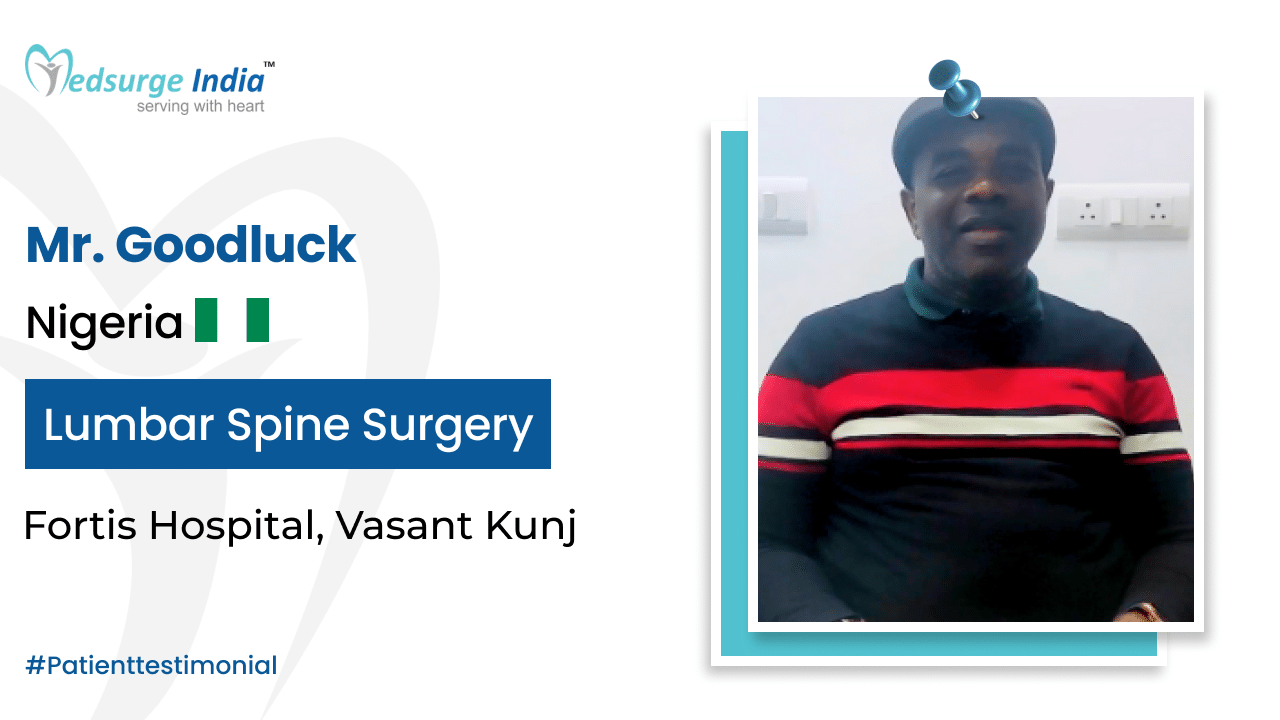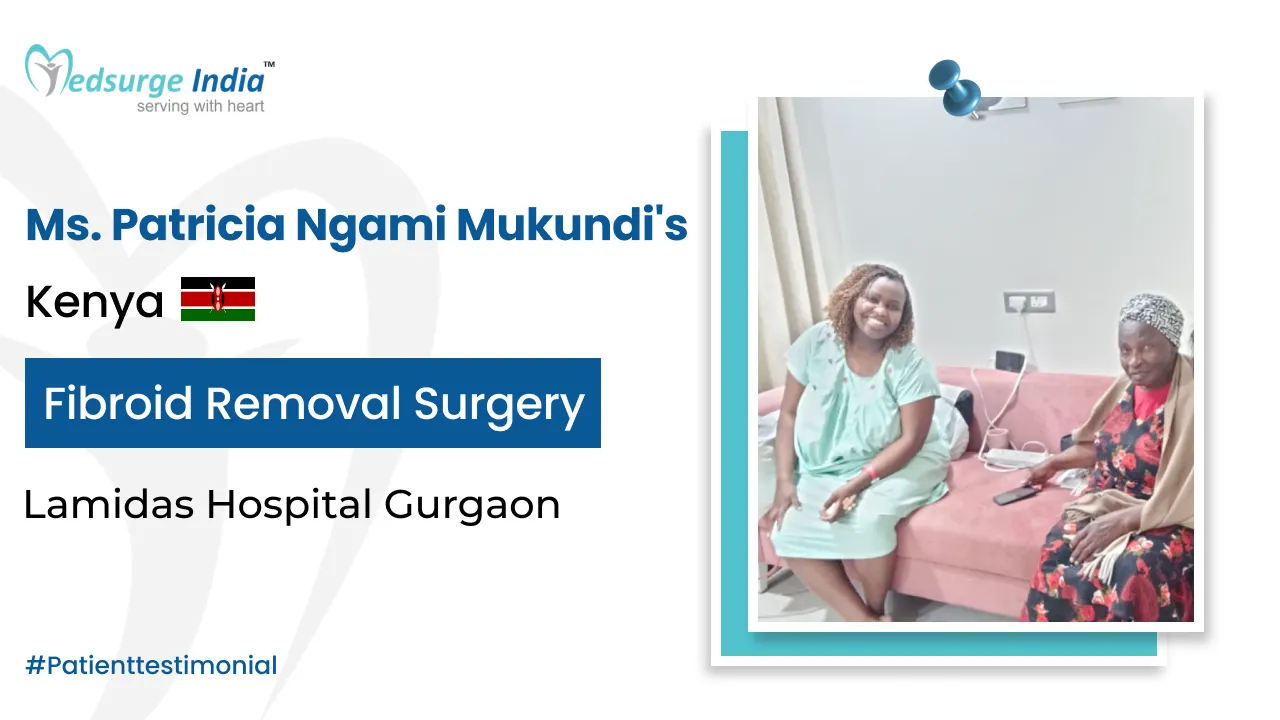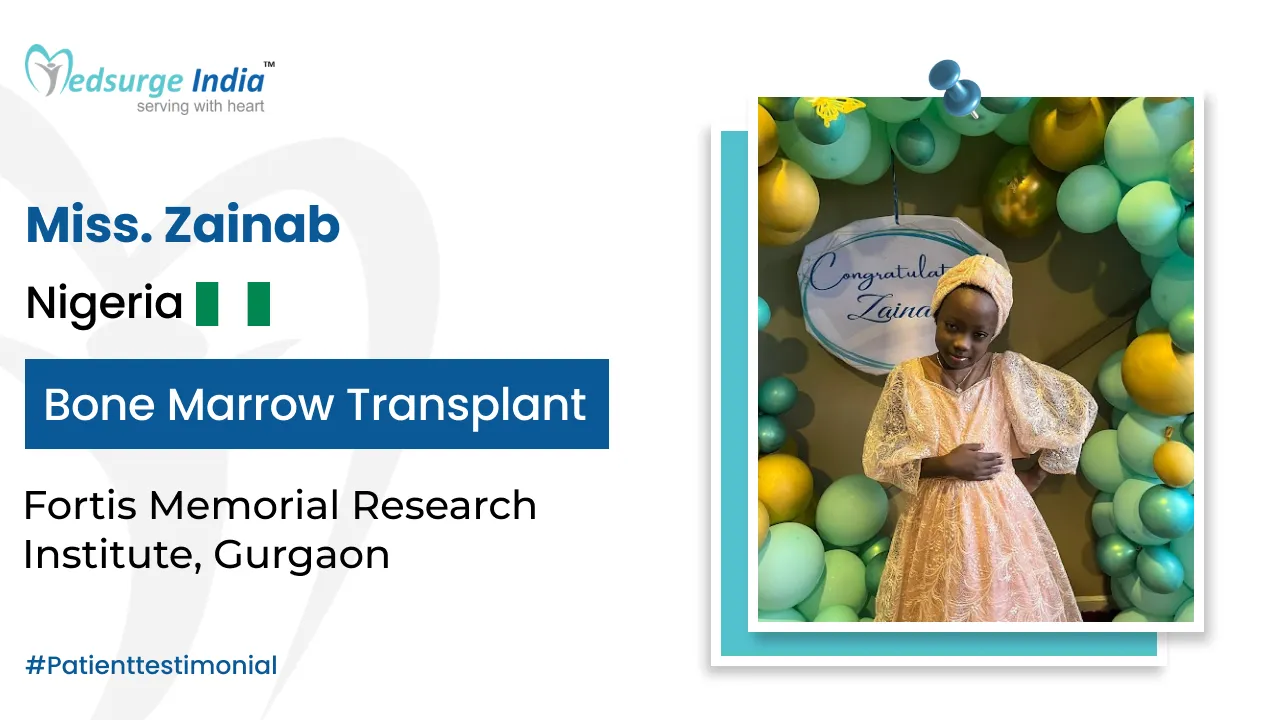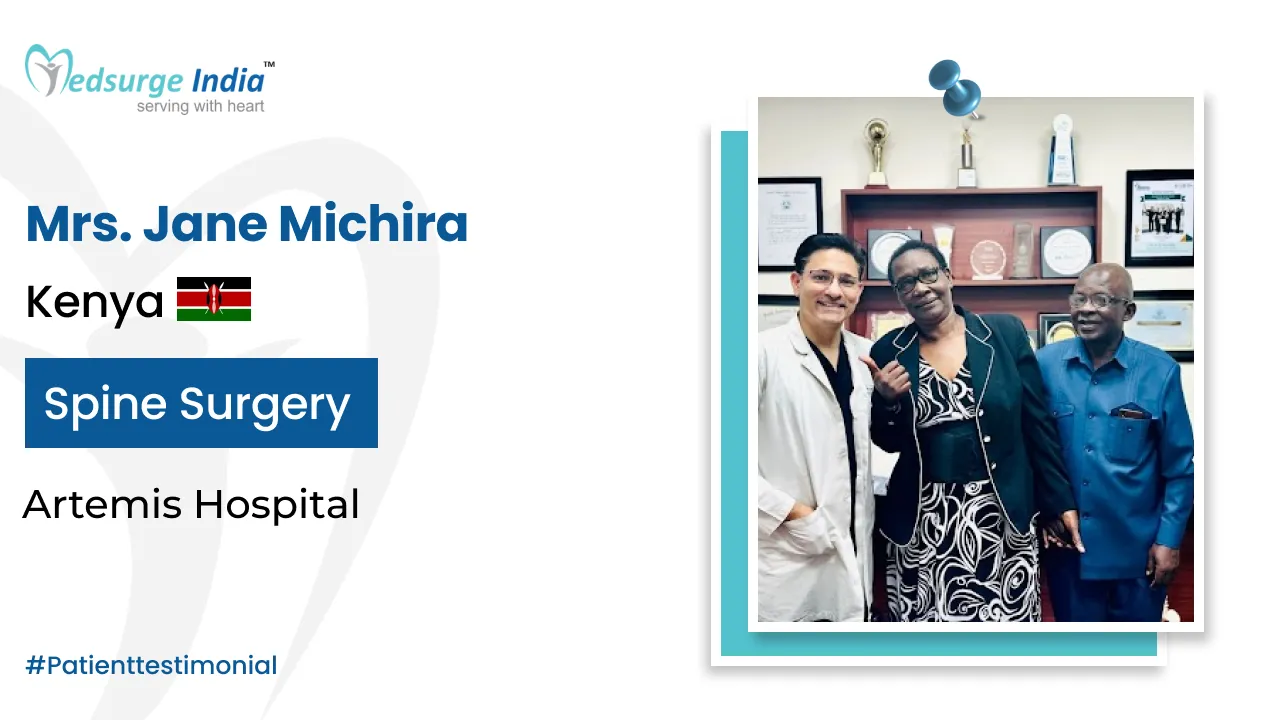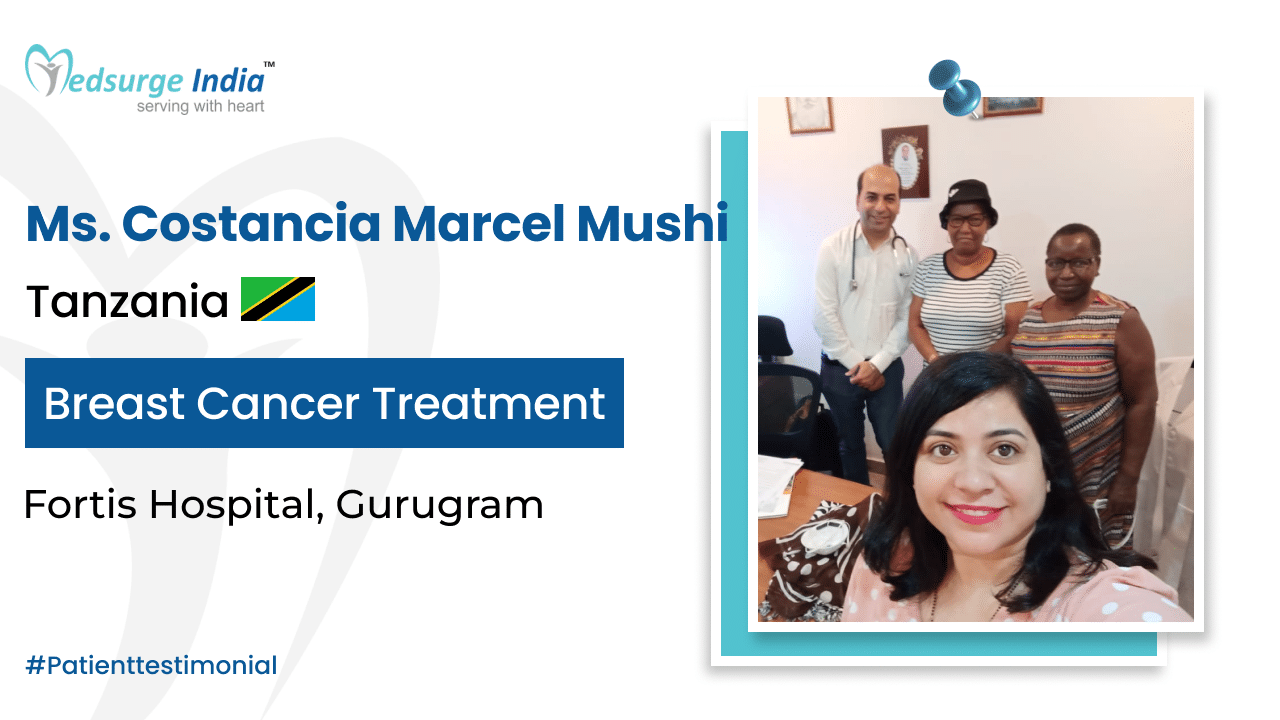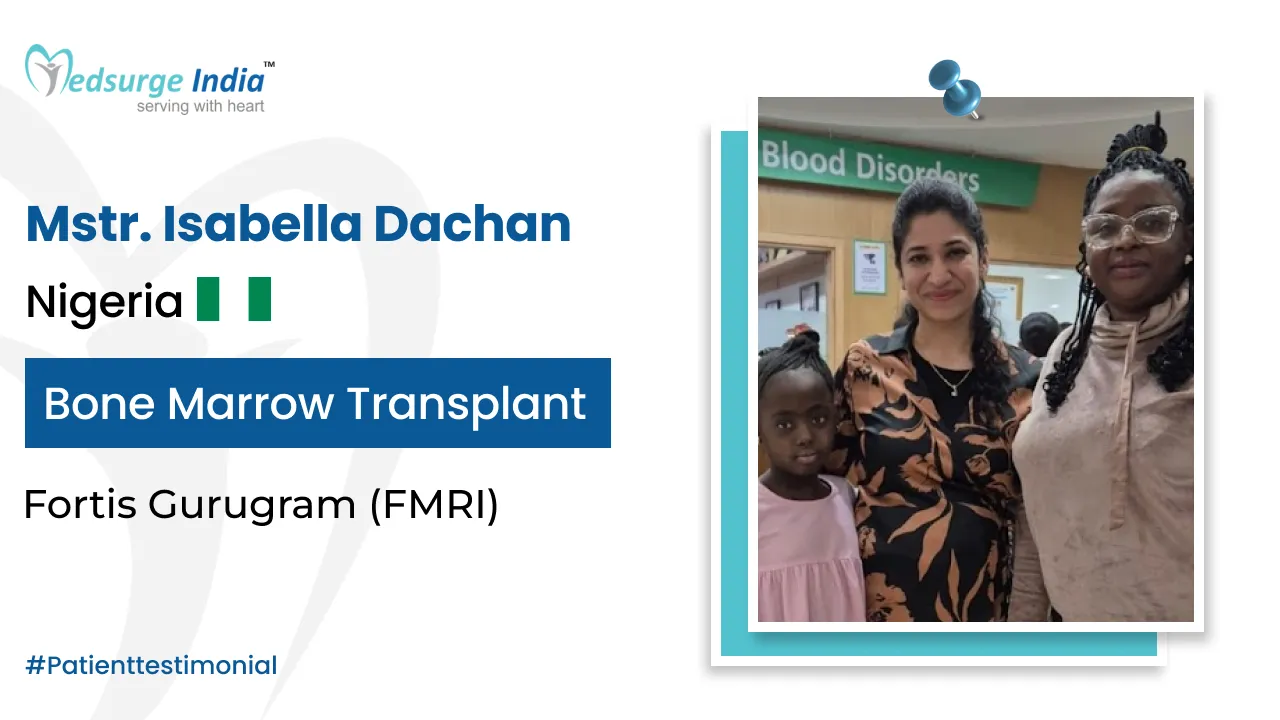
Coronary is a process that uses X-Ray images to check whether your coronary arteries are blocked or narrowed together with the extent and location of these affected regions. In Coronary Angiogram, a contrast dye is injected via a catheter within the blood vessels and then assesses the way the blood flows through the center on an X-Ray display.
On the other hand, the source can be disrupted in the blood vessels because of plaque that’s composed of cholesterol, calcium, cholesterol, and other compounds. If a plaque is constructed up, severe coronary artery diseases like heart attacks may happen. A coronary Angiogram will help diagnose heart ailments, plan future therapy, and execute specific processes.
Coronary Angiogram Cost in India is significantly lower than in other countries, including the United States, the United Kingdom, Germany, and others, and the quality of healthcare is also much better. The greatest facilities are accessible with reasonable healthcare packages, premium medical tools, and the assurance of first-rate medical professionals for people traveling for a Coronary Angiogram in India.
Indications of Coronary Angiogram
Coronary Angiogram helps in diagnosing heart conditions, planning future treatment, and carrying out certain steps. Indications are:
- When there are signs of coronary artery disease such as chest pain (angina)
- Unstable angina
- A cardiovascular disorder that you were born with (congenital heart disease)
- Abnormal effects of a nonstop heart disease test
- Additional blood vessels difficulty or torso injury
- You’ve valvular heart disease
- You’re diagnosed with having a heart attack
- You’ve aortic stenosis
Diagnosis and Evaluations:
- Electrocardiogram (ECG)
- Stress test
- Chest X-Ray
- Blood tests for cholesterol, triglycerides, and blood sugar
- Cardiac catheterization
Get Free Cost Estimation
Procedure
Coronary Angiogram Procedure
Ahead Procedure
- Thorough physical exam including a blood pressure test and heartbeat
- Your physician will assess all of your medical backgrounds
- Diagnostic tests to be conducted
- You ought to tell your physician if you have diabetes, pregnant, or had an allergic reaction to dye before
- Specific medications may be stopped for some time
- You should not eat or drink 8 — 12 hours prior to the process
- you’ll have to drain your bladder before an angiogram
- The hair in your arm or groin could be shaved
- Don’t wear any sort of contact lenses, jewelry, or make-up.
Throughout Procedure
- This process takes about one hour
- An IV line will be put into the vein of your arm
- you’ll be provided local anesthesia that will assist you to unwind alongside drugs and fluids
- Electrodes are utilized to observe your chest throughout the operation
- blood pressure cuffs and a pulse oximeter will be utilized to look at your blockages and the volume of oxygen in your blood
- Either from your personal arm, a tiny thin tube called a catheter is inserted into your blood vessel until it reaches the arteries and heart
- A special dye called contrast picture is injected within the catheter and X-Ray pictures are shot
- Your physician will identify blockages
- The catheter is removed, and the incision is closed with a cone or little plug
Once Procedure
- You’ll be under monitoring and observation for quite a while and lie flat to prevent bleeding
- you might have the ability to go home on precisely the exact same day or remain in the hospital for a nighttime
- The physician will assess the process and recommend the best remedy to start up the arteries
- you’ll have to drink a great deal of water to flush the dye out from the body
- You will eat if you would like to consume something
- You will experience bruising or distress for a number of times
- Avoid strenuous and lifting exercises for a while
- Don’t have a tub bath or maintain a pool for a couple of days, just shower is advocated
- you’ll have to get a followup with your physician
- Don’t smoke or drink in the home.
Hazards and Complications
Coronary Angiogram is usually very secure but as with any process, might not be without complications for example:
- Being allergic to the contrast dye
- Bleeding on the site where the catheter was inserted
- A small risk of damage to an artery in the arm or leg, kidney damage, heart attack, or stroke.
- Blood clots
- Low blood pressure
- Irregular heart-beat
- Infections
Coronary Angiogram Cost in India
Coronary Angiogram Cost in India starts from USD 400. The amount that is given is the only price that applies to the treatment; further fees may be incurred depending on a number of variables.
Several factors, affect Coronary Angiogram Cost in India, this includes such as interdisciplinary treatment, cost-effective care, a first-rate patient experience, research and innovation, and a holistic approach to patient care, which might affect how much a medical package costs in Turkey. This is the fundamental reason why thousands of patients go from all over the world for Coronary Angiogram in India for medical treatment.
Coronary Angiogram Cost in Different Cities in India
| Cities | Starting Prices |
| Delhi | USD 400 |
| Mumbai | USD 500 |
| Kolkata | USD 400 |
| Hyderabad | USD 400 |
| Chennai | USD 400 |
| Gurgaon | USD 450 |
| Noida | USD 400 |
| Bangalore | USD 500 |
Reminder: The cost and treatment options for Coronary Angiogram Cost in India may differ based on the patient’s preferences and other factors.
Factors That Can Affect Coronary Angiogram Cost in India
Several factors can also affect the cost of Coronary Angiogram in India Here are some of the factors that can affect Coronary Angiogram Cost in India:
- Medication costs.
- Patient Condition.
- Duration of treatment.
- Geographical location.
- Hospitalization expenses.
- Government policies and subsidies.
- Medical tourism packages.
- Hospital reputation and infrastructure.
- The expertise and experience of medical professionals.
- The type and frequency of diagnostic procedures.
- The choice of treatment modality.
Coronary Angiogram Cost in India offers exceptional medical services and facilities to patients who come for treatment in India also their facilities rival those of well-known healthcare centers worldwide. Accommodation, meals, and transportation expenses are also covered.
We at, Medsurge India ensure that patients will receive the most affordable Coronary Angiogram Cost in India and with the expertise of highly qualified doctors. Furthermore, a foreign patient can save up to 30-40% of the cost in India when compared to their native countries.
Best Cardiologists in India
- Dr. Ajay Kaul
- Dr. T. S. Kler
- Dr. Sanjay Gupta
- Dr. D. K. Jhamb
- Dr. Naresh Trehan
- Dr. Y K Mishra
- Dr. Praveen Kulkarni
Why Do Individuals Prefer to Have Coronary Angiogram in India
The country has some of the best medical care facilities and services in Asia, making medical tourism in India very popular. The best Hospitals for Coronary Angiogram in India provide all types of disease-related surgeries using advanced technology. Also, the price for Coronary Angiogram in India is much more affordable as compared to other states or nations around the world. An international patient can expect to pay 50-60% less for Coronary Angiogram in India.
The best hospitals that perform Coronary Angiogram in India provide comprehensive appropriate treatment, including comprehensive pre-operative evaluations, minimally invasive surgical options, and post-operative rehabilitation programs. Patients can expect personalized treatment, individualized attention, and compassionate care at these medical facilities. Top international organizations such as the National Accreditation Board for Hospitals and Healthcare Providers (NABH) and the Joint Commission International (JCI) accredit the hospitals.
What to Look for When Choosing a Hospital For Coronary Angiogram in India
Indian hospitals that perform surgery for Coronary Angiograms are well-known for their hospitality and patient care services providing the finest hospital and surgeons in India. However, choosing a suitable hospital for treating Coronary Angiogram in India can be difficult for an international patient. It is a significant decision that must be made with several factors in mind, including:
- Quality certificates and accreditations
- Hospital and transportation facility location
- Team of doctors and surgeons
- Advanced diagnostic and therapeutic equipment
- International patient assistance
Best Heart Hospitals in India
- Fortis Hospital Gurgaon
- Medanta Hospital, Gurgaon
- Artemis Hospital Gurgaon
- Manipal Hospital Dwarka, Delhi
- Fortis Hospital Noida
- Amrita Hospital, Faridabad
- Global Hospital Mumbai
- Kokilaben Dhirubhai Ambani Hospital Mumbai
- Apollo Hospitals, Greams Road, Chennai
- MGM Healthcare, Chennai
How Can Medsurge India Help
Medsurge India is a prestigious support system for patients looking for doctors, hospitals, and specialized treatments. Our staff will provide you with a list of licensed, renowned, and trustworthy physicians and medical facilities in relation to your medical needs. Apart from that, we offer a treatment strategy that fits your budget and, we assist patients with obtaining travel authorizations, medical visas, and a multitude of other things.
The Most Important Frequently Asked Questions
Q: Exactly What Exactly Does Coronary Angiogram Do?
A: Coronary Angiogram assesses the arteries within the heart by assessing where plaque cubes or narrows the blood vessels causing people vulnerable to coronary heart ailments like a heart attack. A contrast dye is injected from the blood vessel and an X-Ray picture of the center is generated.
Q: Why Is Coronary Angiogram a Protected Process?
A: Coronary Angiogram is a safe process for people who have coronary cardiovascular disease patients, but physicians may not execute this evaluation for the ones who are too sick to experience a bypass operation or angioplasty.
Q: What Will the Physician Advocate After Coronary Angiogram?
A: Your physician may recommend coronary angioplasty, which is having a balloon and a stent to open the obstructed arteries, coronary bypass surgery where blood vessels from another part of the body are utilized to repair damaged blood vessels.
Q: What’s a Plaque?
A: it’s a chemical from the blood vessels which interrupts the normal flow of blood by narrowing or blocking. It consists of cholesterol, fat, cholesterol, and other materials.
Q: How Does the Contrast Dye Texture Within My Own Body?
A: A small burning or tingling feeling may be felt after the dye has been injected.
Q: Why Is Your Dye Damaging for My Body?
A: Contrast dye is normally unharmful and can be removed from the body over 4 hours believing you have normal kidney function.
Q: How Do I Flush the Dye Out of My Body?
A: Drink lots of water following the process.
Q: How Long Is the Coronary Angiogram Procedure?
A: It takes up to an hour but may stretch based upon the complications.
Q: Can I Need a Hospital Stay?
A: You might have the ability to go home on precisely the exact same day but otherwise, it might take just an overnight stay.
Q: Can It Be a Painful Process?
A: You will be supplied local anesthesia therefore, you won’t feel some pain and you’ll also be alert.
Q: What’s My Chance of Obtaining a Complication?
A: Coronary Angiogram is quite secure and the odds of having complications are extremely low and rather rare.
Q: Will I Be Able to Drive Myself Home?
A: No, you’ll have to be pushed home. If the catheter is inserted into your arm, then you shouldn’t drive three times but when it’s your groin, you are able to drive after 24 hours.
Q: How Long Do I Get Back to Work Following Coronary Angiogram?
A: Depending on the kind of job you’re doing, you ought to be able to resume work after the exam. In case you’ve had a heart attack, then this may take roughly 3 — 6 months. Kindly talk with your health care provider.
Q: When Can I See a Physician After the Evaluation?
A: Your follow-up ought to be scheduled one week following the test.
Q: When Will I Be Able to Travel by Plane?
A: You will have the ability to fly 3 times. However, in case you had a heart attack, then it will take a couple of days to weeks to fly based upon your complications. Seek the advice of your health care provider and familiarize yourself with all airline processes on safety and health rules before embarking on a lengthy trip.
Q: Can I Want Oral Polio Vaccination Certification?
A: Yes. If you are traveling from Africa, South America, or other areas where yellow fever is found. Click Here to check the list of countries. This principle applies to both adults and kids.
Q: Could I Buy a Visa on Birth When I Visit India for My Remedy?
A: If you’ve got a valid passport and visa and are looking for medical care in a reputed and recognized hospital in India, then it is possible to make an application for a medical visa to India. Up to two attendants that are blood relatives may accompany the individual under different attendant visas
Q: Are the Hospitals in Your Panel Internationally Accredited?
A: The Joint Commission International (JCI), which will be a US-based service, awards certification to global associations that satisfy the strict criteria set forth by the commission. In Vaidam, we’re pleased to associate with many JCI licensed Indian hospitals within our panel.
Top Hospitals for Coronary Angiogram in India
Top Doctors for Cardiology And Cardiac Surgery
Dr. Praveen Kumar A V
Consultant
Experience: 22
Manipal Hospital Millers Road formerly Vikram Hospital Bangalore
Dr. Prof Narendra Nath Khanna
Senior Consultant
Experience: 17 years of experience
Apollo Spectra Hospital, New Delhi
New Delhi, India
Dr. Sanjiv Agrawal
Senior Consultant
Experience: 25 years of experience
Fortis Malar Hospital ,Chennai
Chennai, India
Dr. Anoop K. Ganjoo
Senior Consultant
Experience: 27+ years of experience
Indraprastha Apollo Hospital, New Delhi
New Delhi, India
Dr. P. Padmakumar
Consultant
Experience: 31 years of experience
Manipal Hospital (Old Airport Road) Bangalore
Bangalore, India
Dr. Sathya Narayana D
Consultant
Experience: 14 years of experience
Jayadeva Hospital, Bangalore
Bangalore, India
Dr. Partha Sarma
Senior Consultant
Experience: 9+ years of experience
NH Rabindranath Tagore International Institute of Cardiac Sciences, Kolkata
Kolkata, India
Dr. Dipankar Majumder
Senior Consultant
Experience: 13+ years of experience
Narayana Superspeciality Hospital, Amingaon, Guwahati
Guwahati, India
Dr. Manish Aggarwal
Senior Consultant
Experience: 25 years of experience
Pushpawati Singhania Research Institute (PSRI), New Delhi
New Delhi, India
Dr. Vishal Agarwal
Head of Department , MBBS, MS, MCh
Experience: 17 years of experience
Gurgaon, India



